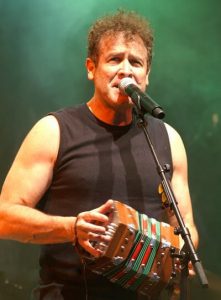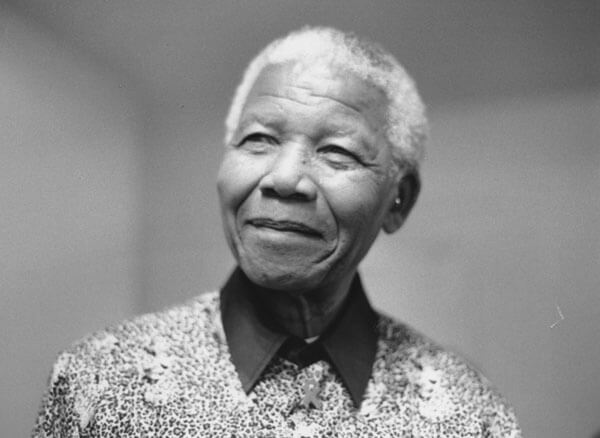
In the Spotlight: Johnny Clegg
Posted on: 23rd March 2020 in
In the Spotlight
Some people transcend their chosen fields. Whether it’s sports, politics, film, music, or any other area, some rise above the rest.
With offices globally, Holborn aims to appreciate the cultural heritage of the locations where we are located. That’s why we have launched our weekly series, In the Spotlight.
Each week we will focus on a different global icon and their contribution to their respective country.
This week we focus on South African musician, Johnny Clegg.
“Music can raze out the written troubles of the brain.”
That is a quote from William Shakespeare. Going back 400 years, people recognised how powerful music could be.
Over the centuries, music styles and the way we access it has changed drastically. However, the fundamental principles that make music so powerful remain.
Music can have a profound impact on your emotions, bring people together, and start movements.
The power of music can even inspire change. This was the case in South Africa, where music played a big part in the movement against apartheid.
Non-violent protest and boycotts were the weapons of choice for many of those who opposed apartheid.
To raise awareness and gather support, artists used their music.
It was one man’s pioneering approach to music that united people across races in South Africa – Johnny Clegg.
Johnny Clegg – early life
Johnny Clegg was born in 1953 in Lancashire, England.
His father was British, and his mother was from Rhodesia, a state in southern Africa now known as Zimbabwe.
After his parents divorced, Clegg moved with his mother to her homeland, Rhodesia, before eventually settling in South Africa.
It was in Johannesburg that a young Johnny Clegg was exposed to traditional Zulu music and dance.
Clegg quickly mastered the Zulu language and their dance styles performed by the migrant workers.
He began performing with one of the Zulu migrant workers, Sipho Mchunu at the age of 17.
The two would go on to form a band which they named Juluka – meaning ‘sweat’ in Zulu.

Johnny Clegg during a 2009 live performance
The rise of Juluka
Juluka was the first multiracial band of the apartheid era. This caused some problems during a time of racial divide in South Africa.
The band faced harassment which made Performing in public difficult. National broadcasters refused to play their music which made it hard for the group to gain exposure.
Instead of taking the traditional touring route and performing in big venues, Juluka performed at universities, churches, and hostels.
The South African government shunned Johnny Clegg and the rest of Juluka. Still, they began to attract attention further afield.
The band toured in Europe, the US, and Canada, becoming an international success.
The power of music
Juluka’s music was a reflection of Johnny Clegg’s view on apartheid.
The band’s music often had a political message. At times this was subtle, but sometimes it was more explicit.
Juluka’s 1983 album ‘Work for All’ contained some explicit political messages which did not sit well.
Johnny Clegg and some of the other members of the band were arrested on multiple occasions, as the government looked to disrupt the group.
In 1985, Juluka went their separate ways. Clegg formed another interracial band the following year called Savuka.
Like Juluka, Clegg’s new group blended African and European music.
One of their songs, ‘Asimbonanga’, was dedicated to Nelson Mandela. The song became an anthem of the anti-apartheid protests.

Savuka dedicated one of their songs to Nelson Mandela
Cultural impact
Johnny Clegg is considered one of the most prominent white anti-apartheid activists. Still, he didn’t see himself as an activist in the conventional sense.
In a 1989 interview, he said: “For me, a political activist is someone who has committed himself to a particular ideology.
“I don’t belong to any political party. I stand for human rights.”
The part music played in the movement against apartheid was to raise awareness.
Johnny Clegg, along with his bandmates, did just that.
His music helped to introduce the world to African culture and brought people together.
Clegg passed away in 2019 at the age of 66.
To South Africa, Johnny Clegg was more than a musician. He was a man that used his position to speak out against injustices.
At a time when South Africa was divided, he used music to unite people across races.
Need professional financial advice?
We have 18 offices across the globe and we manage over $2billion for our 20,000+ clients
Get started






 Johnny Clegg during a 2009 live performance
Johnny Clegg during a 2009 live performance
 Savuka dedicated one of their songs to Nelson Mandela
Savuka dedicated one of their songs to Nelson Mandela












